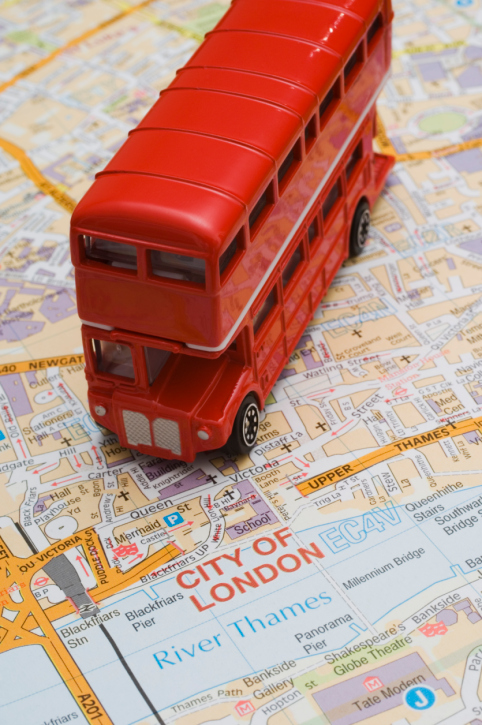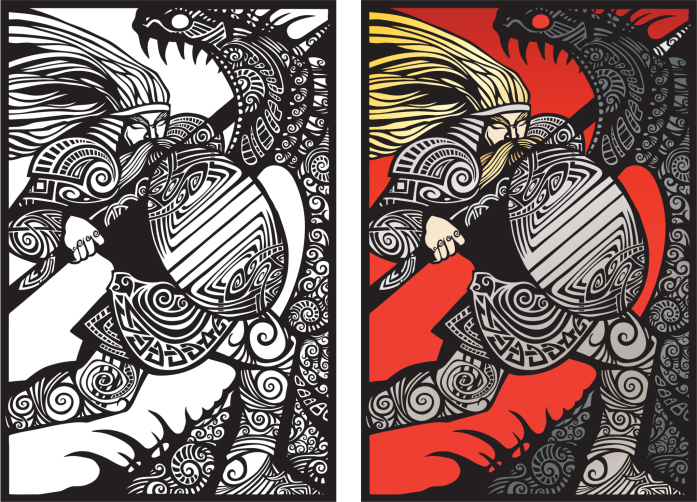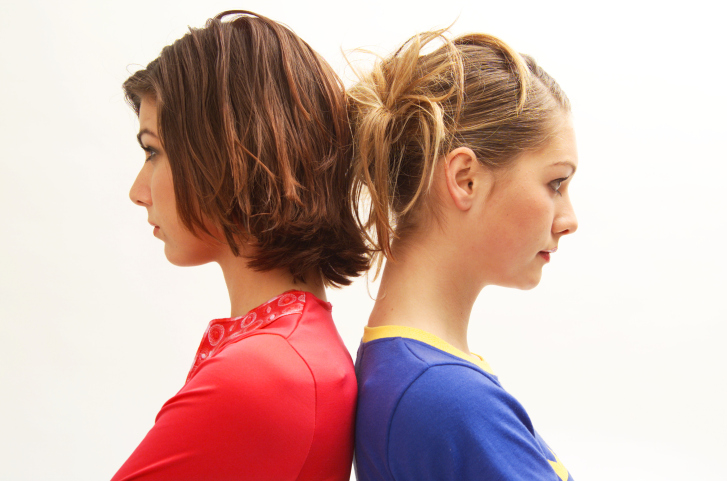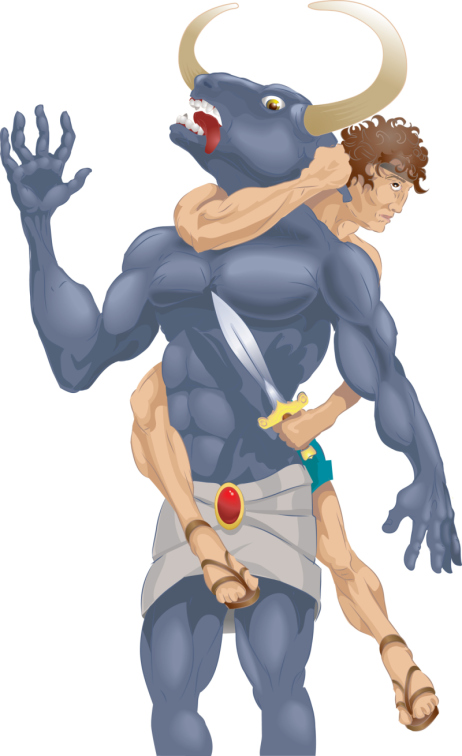Introduction
Welcome, Students, to British Literature! I hope you find your ACCESS English 12 class to be exciting and adventurous. We will take quests throughout Europe to meet lots of courageous people and fascinating places.
In this unit, you will read the first known epic poem Beowulf. The poem was written before the development of the English language about a tale that has survived centuries. You will also complete several assignments on our journey that are creative, thought-provoking, and rigorous. It will help you at the end of the unit if you will complete the graphic organizers during each of your readings.

Epic Poetry
1. The protagonist, or main character, is the hero.
2. He goes on a long journey or quest.
3. The setting is wide-spread.
4. He completes heroic deeds of great valour.
5. He has superhuman strength.
6. He battles monsters and supernatural forces.
Open the Beowulf, the Epic Hero Word document. As you read the epic poem Beowulf, complete the chart for each of the three important conflicts: Beowulf vs. Grendel, Beowulf vs. Grendel’s Mother, Beowulf vs. the Dragon.

Conflict
Contflict is when there is a struggle between two forces. There are two types of conflict: internal and external.
Internal Conflict takes place inside of the character's mind like emotions.
1. Man vs. Himself
External Conflict is a struggle between a character and an outside force or another character. Conflict drives the action of the plot.
1. Man vs. Man
2. Man vs. Nature
3. Man vs. Society
4. Man vs. Supernatural Being
Can you identify which external conflict the following pictures represent?

(Man vs. Man)

(Man vs. Supernatural Being)

(Man vs. Nature)

(Man vs. Himself)

(Man vs. Society)